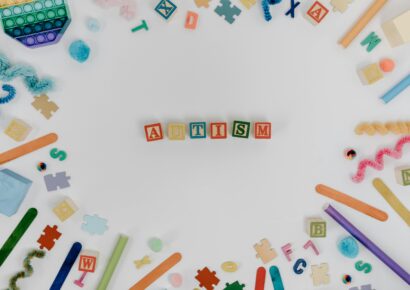Currently Empty: $0.00
About Course
The Communication and Record Keeping course equips health and social care professionals with the essential skills to maintain accurate, clear, and legally compliant records. This training highlights the importance of proper record keeping in delivering high-quality care, preventing errors, and ensuring accountability. Participants will gain practical insights into best practices and legal requirements for record keeping, encouraging them to adopt effective habits in their daily roles.
What Will You Learn?
- Understand the principles of good record keeping.
- Recognise the importance of clarity, relevance, and accuracy in records.
- Learn the legal requirements and confidentiality standards for record keeping.
- Develop effective habits for maintaining useful and accessible records.
- Manage records for individuals with reading or writing difficulties.
- Identify proper recording styles and techniques.
- Handle mistakes in records appropriately.
- Understand the use of black and red ink, and when each is applicable.
Material Includes
- Course handbook with examples of effective record keeping.
- Checklist for legally compliant records.
- Certificate of completion.
- Access to UK-specific guidelines and legislation.
Requirements
- Suitable for participants aged 18 and over.
- Bring writing materials for note-taking and exercises.
- Familiarity with existing organisational record-keeping policies is beneficial.
Audience
- Health and social care professionals in care homes, hospitals, or community settings.
- Support workers responsible for maintaining care plans and service user records.
- Managers and supervisors overseeing record-keeping processes.
Course Content
Fundamentals of Record Keeping
-
Principles of Good Record Keeping: Relevance, clarity, and accuracy.
-
The Role of Records: Their use in care provision and legal compliance.
-
Legal and Confidentiality Requirements: Access, storage, and sharing protocols.
Best Practices in Record Keeping
-
Effective Recording Techniques: Proper use of black and red ink, facts vs. opinions, and concise writing.
-
Dealing with Mistakes: Correcting errors while maintaining accountability.
-
Open and Closed Records: Understanding their purpose and differences.
-
Levels of Recording: Adjusting details based on care context.
Practical Application
-
Care Plans and Record Use: Writing and reviewing care plans for clarity and usefulness.
-
Addressing Reading/Writing Challenges: Adapting for service users and staff.
-
Developing Good Habits: Establishing routines for consistent and effective record keeping.
-
Interactive Exercises: Practice scenarios for applying principles learned.
Instructors
I
info
4.4
13 Students
82 Courses

No Review Yet

Hi, Welcome back!
Related Courses
Mental Capacity Act & Liberty Protection Safeguards (MCA & LPS) Training
15 Lessons
12 hours
Intermediate
info






